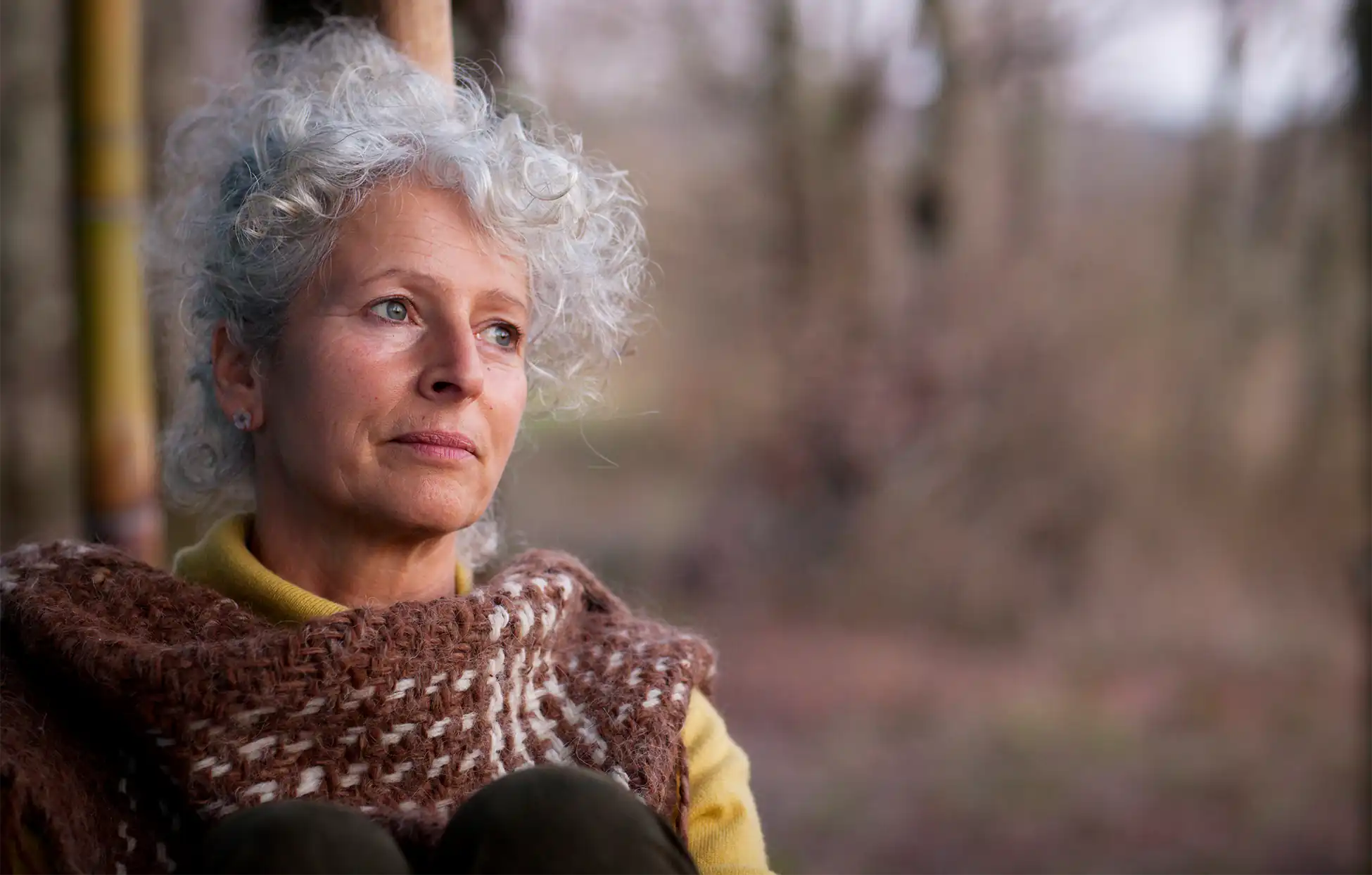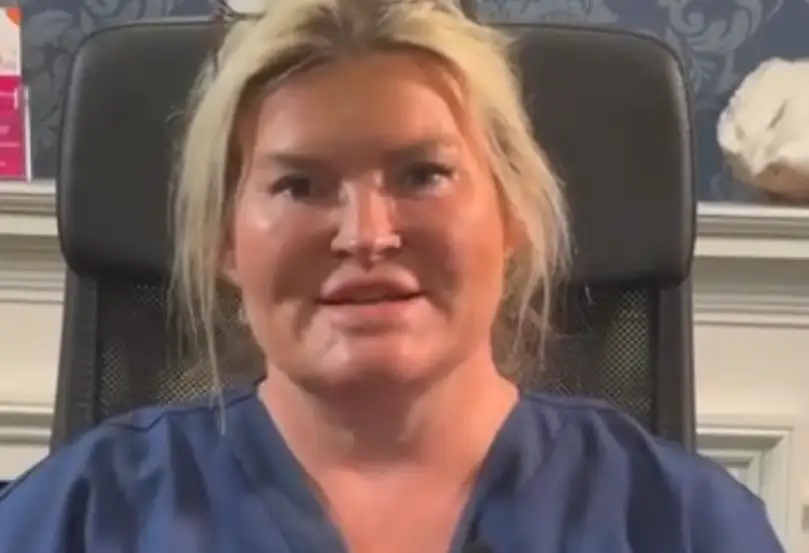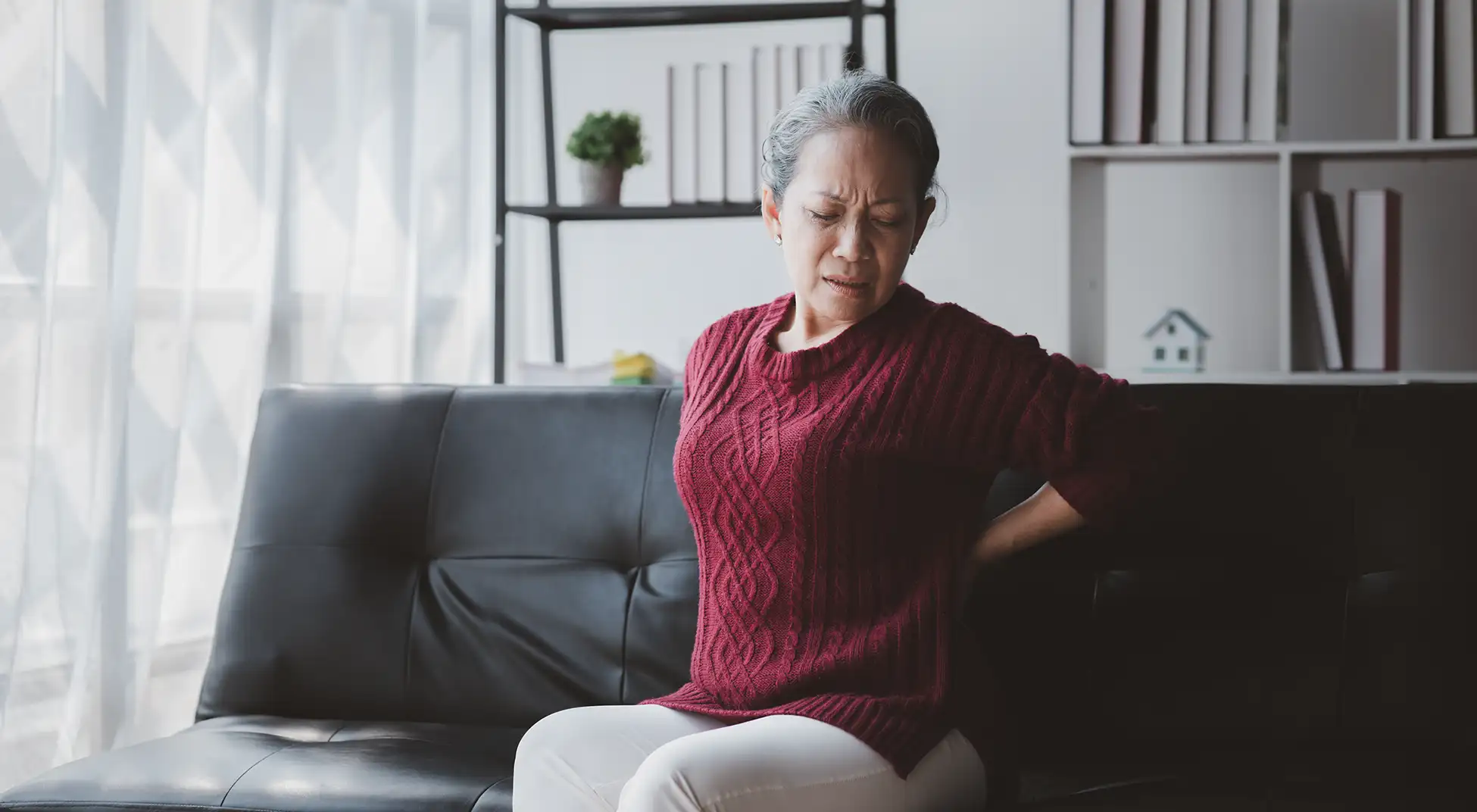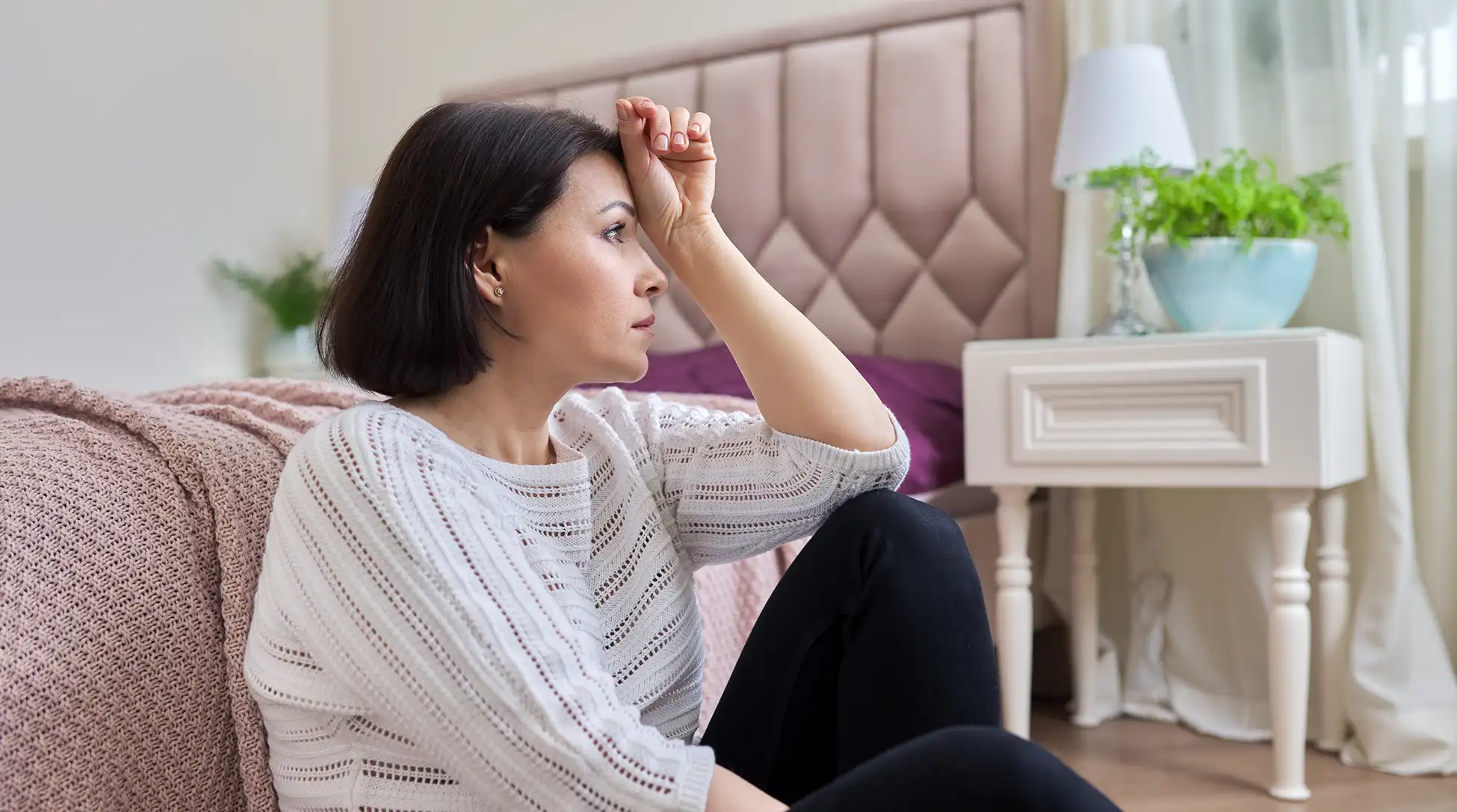Menopause Symptoms
If you’re a woman in your 40s or older, it’s likely that you’ve already started to notice menopause symptoms. These changes can include changes to your menstrual cycle, hot flashes and night sweats, or mood changes and problems with sleep. Women experience these symptoms differently, and not all of them affect every woman the same way. However, they are a natural part of the aging process that happens when ovaries stop producing hormones.
Hot Flashes
Hot flashes – also known as vasomotor symptoms – are the most common and notorious menopause symptom. They’re sudden feelings of warmth that spread over the chest, neck and face and cause sweating. They’re caused by changing hormone levels and changes in a part of the brain that controls body temperature. They occur during perimenopause, the transition phase before menopause, and they can last for years.
The reason for hot flashes is not fully understood, but scientists think that the drop in oestrogen triggers a response in a part of the brain that regulates heat. It causes blood vessels near the skin to open, increasing blood flow and triggering a sweating response. These symptoms can happen during day or night and can occur for several minutes at a time. They can be so intense that they’ll soak your clothes and melt makeup, and they can prevent you from getting the restful sleep you need.

Mood Changes
Mood changes – including anxiety, anger and depression – are another common symptom of menopause. They can make you feel anxious and upset even when there is no real reason for it. Other common symptoms include:
Problems with sleep (insomnia), changes to the shape of your face, weight gain and vaginal pain or dryness, are other known symptoms.
If you’re having symptoms like these, it’s important to talk with a women’s health specialist. OB-GYNs, certified nurse-midwives and women’s health experts can listen to your concerns and work with you to create a care plan that helps relieve your symptoms.
They can offer advice on how to manage your menopause symptoms and help you find relief, whether you choose lifestyle changes or hormone therapy. They can also refer you to a specialist if necessary.
Symptoms of menopause can vary from one person to the next, and it’s not uncommon for women to have different symptoms than their friends or sisters. The most important thing is to seek medical help if you’re having severe symptoms. The sooner you seek treatment, the more options you’ll have for finding the right menopause treatments to help ease your discomfort.
Menopause Bliss
If you’ve tried other avenues already but aren’t noticing enough of a difference, then MenoBliss could help. With 38 natural active ingredients to help improve hormonal balance, MenoBliss helps reduce aches and pains, hot flashes, mood swings, insomnia, brain fog, hair loss, and lack of desire.



